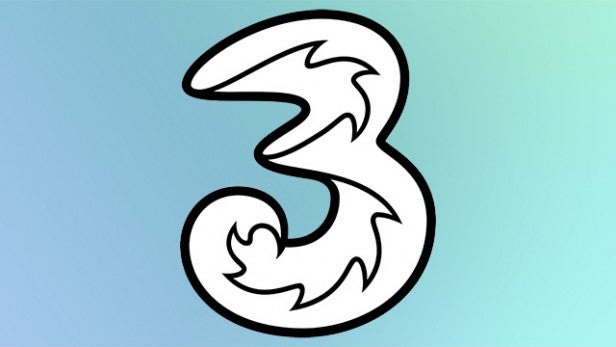Three UK abandons its name’s roots and stops selling 3G mobile devices

Three is becoming the first UK network to stop selling 3G mobile devices as it turns its focus to 4G and the future 5G standard.
It’s a big move for the network, which originally used the brand name Three to distinguish its 3G services from the 2G-focused Orange (although the company would later claim that it instead referred to its trio of telecoms services: 3G, GSM Dualband and CDMA).
Related: What is 5G?
But since 4G launched back in 2012, Three has been pretty aggressive in moving over to the new technology, and it seems the time is now right to move away from it entirely, for new devices.
The move will be of little help to people who live in areas that still lack decent 4G coverage, but as time goes on these areas are only going to get fewer and farther between as the infrastructure improves.
Three has been keen to emphasise that its existing 3G network isn’t going anywhere anytime soon, so owners of existing 3G devices have nothing to fear.
The future’s 5G
Of course, this move towards 4G comes just a couple of years before 5G is expected to roll out in the UK. Although Three was more conservative in the recent spectrum auction, last year it purchased UK Broadband, which owns a large amount of 5G spectrum.
What this means is that Three is in a pretty strong position as the next generation of mobile rolls around.
The only question left is whether it wants to update its name in line with the new technology as adoption increases.
Would you buy a 3G device in 2018 or do you think it’s time to move on? Get in touch with us @TrustedReviews.


